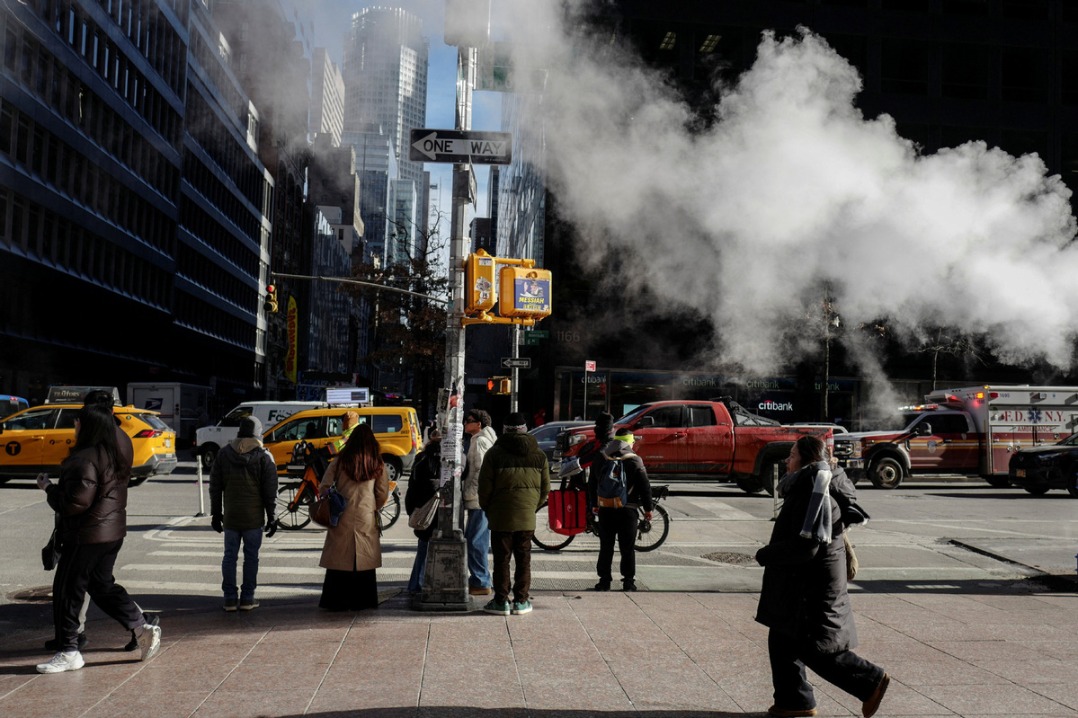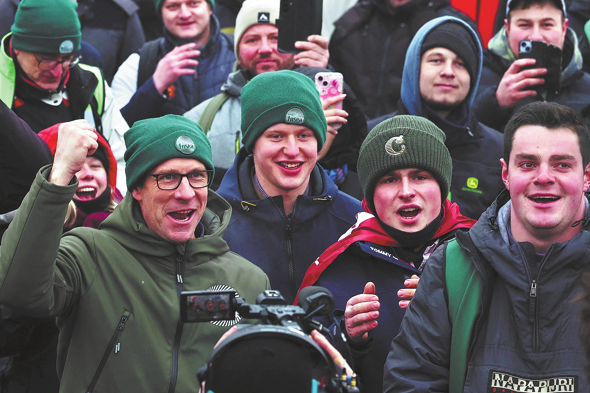Pfizer requests COVID booster shots for all adults


Pfizer and BioNTech asked the US Food and Drug Administration (FDA) on Tuesday to grant emergency use authorization for their COVID-19 vaccine booster shot for all people 18 and older.
The FDA is expected to approve Pfizer's request, and Moderna is expected to make a similar request. Health Canada authorized the use of Pfizer's booster COVID-19 vaccine for people age 18 and older on Tuesday.
Pfizer's booster shot is currently approved for certain subsets of adults in the United States: people ages 65 and up, people living in long-term care facilities and people ages 18 to 64 at high risk of COVID because of either underlying medical conditions or working in high-risk settings such as first responders, education staff and grocery workers. It is given six months after completion of the initial two-dose vaccination series.
President Joe Biden expressed desire to provide booster shots to every adult American in August out of concern for the waning protection of vaccines after six months.
The FDA's approval in September for Pfizer's booster came after a panel of advisers to the agency voted against Pfizer's request for authorization of the booster in all individuals aged 16 and above.
The panelists suggested the evidence supporting broad approval was inadequate and they wanted to see more safety data, especially concerning the risk of heart inflammation in younger people after vaccination. The panel instead recommended boosters for people over the age of 65, or otherwise at increased risk from COVID-19.
Since then, the FDA and Centers for Disease Control and Prevention have authorized booster shots for all three coronavirus vaccines in use in the US — including Johnson & Johnson's — for at-risk Americans. Recipients are also permitted to receive a booster shot made by a different company than their initial vaccine.
Pfizer CEO Albert Bourla said Tuesday that annual booster shots are likely and that the protection from the vaccine's third shot will probably fall after about a year. "It looks like that it will last for a year," he said at an event hosted by the Atlantic Council think tank.
Since the FDA began authorizing boosters, more than 24 million people have received the extra doses, including more than 14 million people who received Pfizer-BioNTech's, according to the CDC.
Booster shots might help the US to stay at the current course of dwindling COVID-19 infections and deaths. Europe and Central Asia are experiencing a jump of more than 50 percent in new coronavirus cases over the last month. The World Health Organization (WHO) has warned that the continent could see another 500,000 deaths by February.
Dr Hans Henri Kluge, WHO regional director for Europe, said that insufficient vaccination coverage and the relaxation of public health and social measures are the primary reasons for another wave of coronavirus infections.
Kluge told CBS News that Americans should "absolutely" be paying close attention to the situation in Europe right now.
While some European countries achieved a vaccination rate of 70 percent, the rate for some mostly in Eastern Europe was as low as 10 percent. Relaxed rules about mask wearing at UK's public school is blamed for rising cases.
Data show that vaccination helps to reduce COVID-19 infection and related death. Statistics released this week by the Texas Health Department showed that, from mid-January to October, nearly 29,000 Texans died from COVID-19. Unvaccinated people made up 85 percent of the reported COVID-19 deaths.
An Israeli observational study published in late October in The Lancet showed that a third booster shot increased immunity against coronavirus infection by about 90 percent and deaths by about 80 percent.
The side effect after a third dose of COVID-19 vaccine is similar to those after the second shot, according to a CDC report in late September. The conclusion was based on 12,500 people who completed surveys after each shot.
Of those surveyed, 79.4 percent of people reported local reactions including itching, pain, or redness at the injection site, and 74.1 percent reported systemic reactions including fatigue, muscle aches and headaches. The numbers were on par to the reported percentages after their second shot.
































